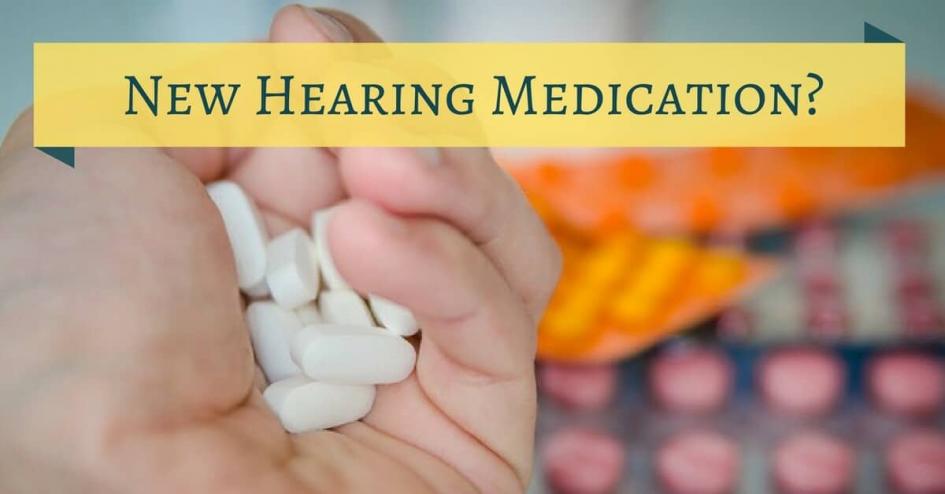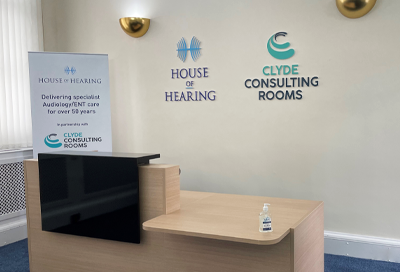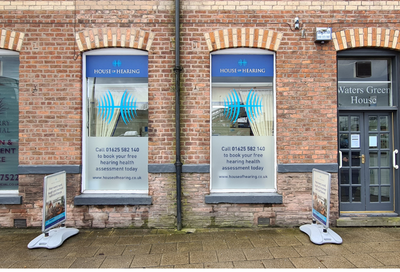
New Hearing Medication?
New Hearing Medication?
The idea of taking a pill to improve your hearing may seem absurd, but biotech startups are currently funding research into the possibility of taking medication for hearing loss.
Technology has advanced hugely over the last few decades. For instance, Phonak’s Lyric Invisible Hearing Aids represent the world’s first completely invisible, 24/7 hearing device. The range of ReSound, Widex, Phonak and Oticon hearing instruments on offer from House of Hearing boast features ranging from noise cancellation to water resistance, automatic zoom functions that hone in on important sounds to GPS tracking devices made possible through the use of apps and pre-set favourites.
If these innovative new companies continue their research, however, it may be that an entirely new way of treating hearing loss is discovered before long.
New developments in technology used to produce hearing loss medicines
Biotech companies are in the process of conducting research into how drugs or gene therapy might be able to not only target the causes of hearing loss but also, potentially, treat hearing loss itself.
In 2015, GenVec, a new company looking at gene therapy as a potential way to treat hearing loss, received a staggering $213 million licencing deal from Novartis. Decibel, a startup company focusing on research into medication as a possible treatment option, was injected with a massive investment of $52 million from a US-based venture capital firm.
Experts estimate that these possible solutions will take a while to find their way to the market – likely about five years – but hearing loss researchers are exceedingly optimistic about these new advances in technology.
How medicines may treat hearing loss differently to hearing aids
The research into new medicine to treat hearing loss is aiming to go even further than current hearing devices.
With the technology on offer today, there is generally no way to mend the small hair cells in the inner ear if they get damaged. The inevitable result of such damage is hearing loss. These cells are important as they convert sound vibrations into electrical signals, which then travel to the brain via the auditory nerve.
While hearing aids can amplify sounds, current research is looking at ways to actually regrow these hairs. The hope is that repairing and restoring these small hair cells will change the way hearing loss is approached entirely.
A different approach to medication for hearing loss
Co-founder of Decibel and Harvard otolaryngology professor Charles Liberman has researched for three decades to conclude that medication may be able to go one step further.
His theory is that the ear’s nerve fibers are the first thing to become damaged, even before the inner ear’s hair cells. He has found that hearing loss can be restored if the fibers are reconnected to the cells. The research conducted by Decibel aims to improve this connection and provide this therapy to the general market.
The full story on how biotech start-ups are developing potential new technologies to treat hearing loss is available here (fortune.com).
Why new technology is important for people with hearing impairments
The World Health Organization (who.int) estimates that over 5% of the world’s population experience disabling hearing loss. The current production of hearing aids, however, is not widespread enough to meet the overwhelming need. The result is that of those approximately 360 million people experiencing hearing loss, less than 10% can actually access hearing devices.
The potential new market of medicines and therapies to treat hearing loss will not only benefit those that are fortunate enough to afford it, but will also go a long way to ensuring that the current production of hearing instruments will have a greater reach throughout the world.
House of Hearing
Discover the way technology can improve your experience with hearing loss. Contact one of our hearing instrument specialists today.
House of Hearing offers hearing care at four centres in Edinburgh, Galashiels, Perth, and St Andrews. Call us on 0131 220 1220 for more information.
House of Hearing Scotland
Contact us today!
Our Clinics
All House of Hearing clinics are in town centre locations and accessible to public transport and parking. Home visits also available if mobility is an issue.


.png)

.png)
.png)


.png)
